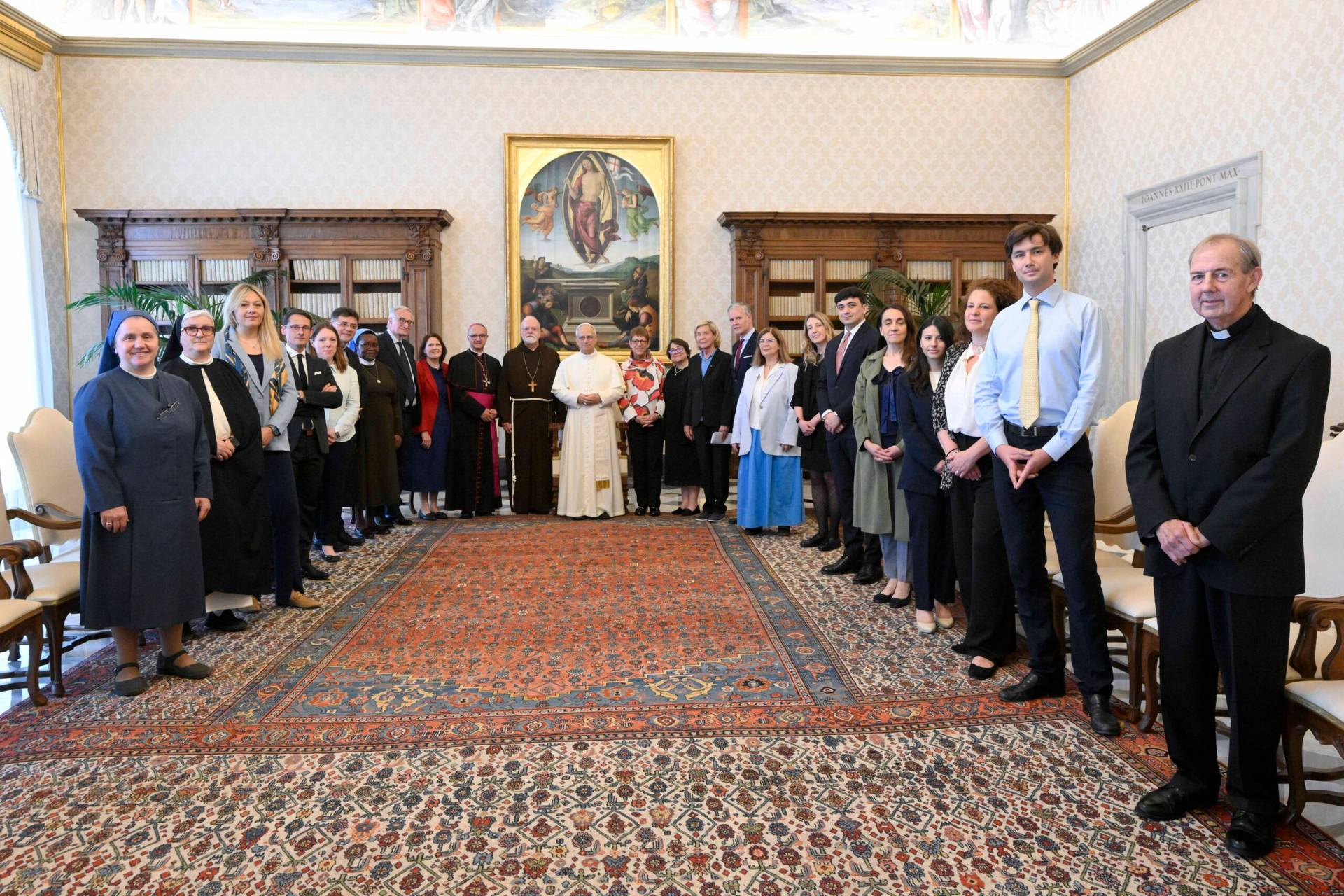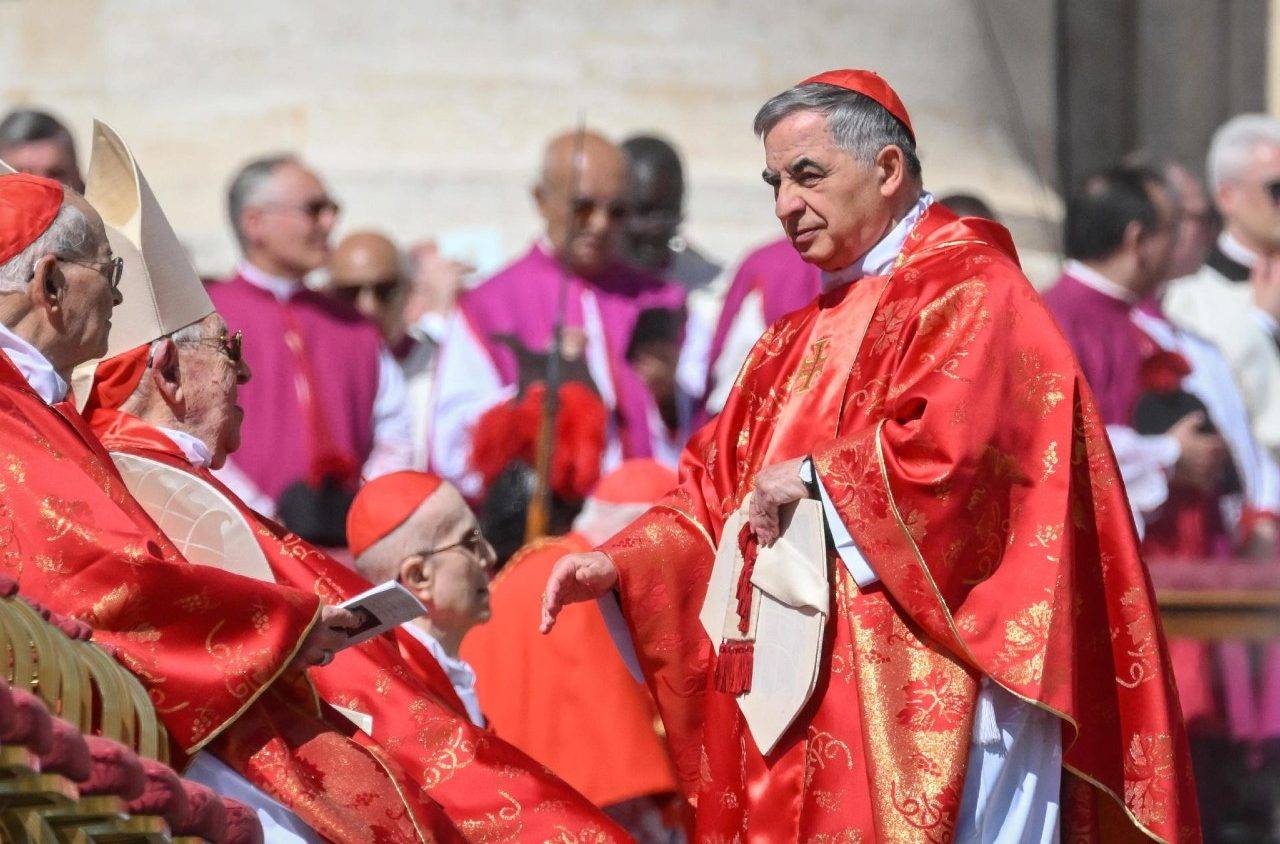Outsiders to the Vatican often find themselves wondering why the pace of things seems so slow. As the old joke goes, Rome’s working motto tends to be, “Talk to me on Wednesday, and I’ll get back to you in 300 years.”
Confirmation of those impressions is readily available, from Vatican departments that can take years to bring out documents whose conclusions could have been scripted from the very beginning, to tribunals where the wheels of justice grind at a notoriously glacial pace.
For those inclined to grouse about Vatican inefficiency, however, here’s a tip: Try living in Italy for 6 months, and then let’s talk.
The truth is that the Vatican, at its core, is an Italian institution, reflecting the patterns and assumptions of the surrounding Italian culture. That remains the case despite various attempts to “internationalize” the Church’s central government over the years, including those by Pope Francis.
In that context, the surprise about the Vatican probably isn’t that it occasionally can be ponderous – it’s more likely that anything ever gets done at all. After more than twenty years of moving in and out of the Eternal City, I’ve recently had an experience that’s brought this truth home anew.
For some years now, I’ve split my time between Rome and the States. I maintain an apartment in Rome because it’s cheaper over the course of 12 months than hotels, plus I can leave things there so I don’t have to check bags when I move back and forth. Earlier this spring, I decided to switch apartments when a nicer place became available for the same money and in the same neighborhood near the Vatican.
One might think that a part-time resident moving from one small one-bedroom apartment to another, over a space of just a few city blocks, would be among history’s least complicated transitions. This is Italy, however, where you’ll never go wrong overestimating bureaucracy’s capacity to make the simple terribly complex.
My new rental arrangement took effect on July 1, so in late June I set about creating contracts for both electricity and gas service. I secured the most recent bills from the previous residents and applied for a turn-over, so there would be no interruption in service.
That proved a relatively simple matter with the electricity company, the Azienda Comunale Elettricità e Acque, or “Acea,” because the previous residents had never turned it off. The gas, however, apparently had been suspended – I say “apparently” because when I called the customer service line for the Ente Nazionale Idrocarburi, or “Eni,” meaning the gas company, the agent never explained the service had been shut off and treated the transition like a simple roll-over, leaving me to believe everything was fine.
Everything, however, wasn’t fine.
On July 1, I discovered there was no gas in the apartment. Several agonizingly long phone calls and missed service appointments later, I still have no gas in the apartment and no indication of when that might happen.
In a classically Italian move, in the middle of all this I paid to have an electric boiler installed in order to generate hot water, since I wasn’t sure when, or if, the gas would actually work. That’s Italy in a nutshell: At a certain point fighting the system becomes too overwhelming, and you end up seeking small personal work-arounds.
(Making things worse, I’m not presently in Rome, so the burden of dealing with the situation has fallen to a friend. It’s bad enough I’m trapped in the pages of an Italian-language Kafka novel, but she’s completely blameless.)
Quite often, would-be Vatican reformers fall into the trap of seeking structural solutions to what are, in reality, cultural problems. That’s arguably been a fatal flaw, for instance, of various attempts to modernize the Vatican’s financial systems over the years.
Analogues to Eni in the Vatican system abound.
To this day, for instance, there hasn’t been a consolidated annual financial statement from the Vatican since the first year of Francis’s papacy, and no audit of the Vatican’s books, despite repeated claims that both those developments are right around the corner.
On another front, three years after Pope Francis decreed a reform of the Church’s process for granting annulments, official Vatican statistics show that few bishops around the world are actually taking advantage of the abbreviated procedure — a delay which many experts blame, at least in part, on the fact that the Vatican was slow in producing explanations of how it was supposed to be done.
To be sure, the classic Italian mindset of paziena, or “patience,” can be a useful antidote to frenzy and a way of being sure the system doesn’t go off half-cocked.
In bureaucratic contexts, however, it can also be little more than a smokescreen for non-performance — exemplified by an Eni technician who showed up at my apartment after having been informed, twice, that he needed to install a new controller able to handle the gas flow, then declared that he didn’t have one and another team would have to come back at some ill-defined future date.
As long as a sizeable share of Vatican personnel take their unconscious cues from outfits such as Eni, “reform” may well be destined to remain elusive. That’s not to say reform can’t happen with Italians in charge – just make sure, apparently, they’re not veterans of the gas company.















